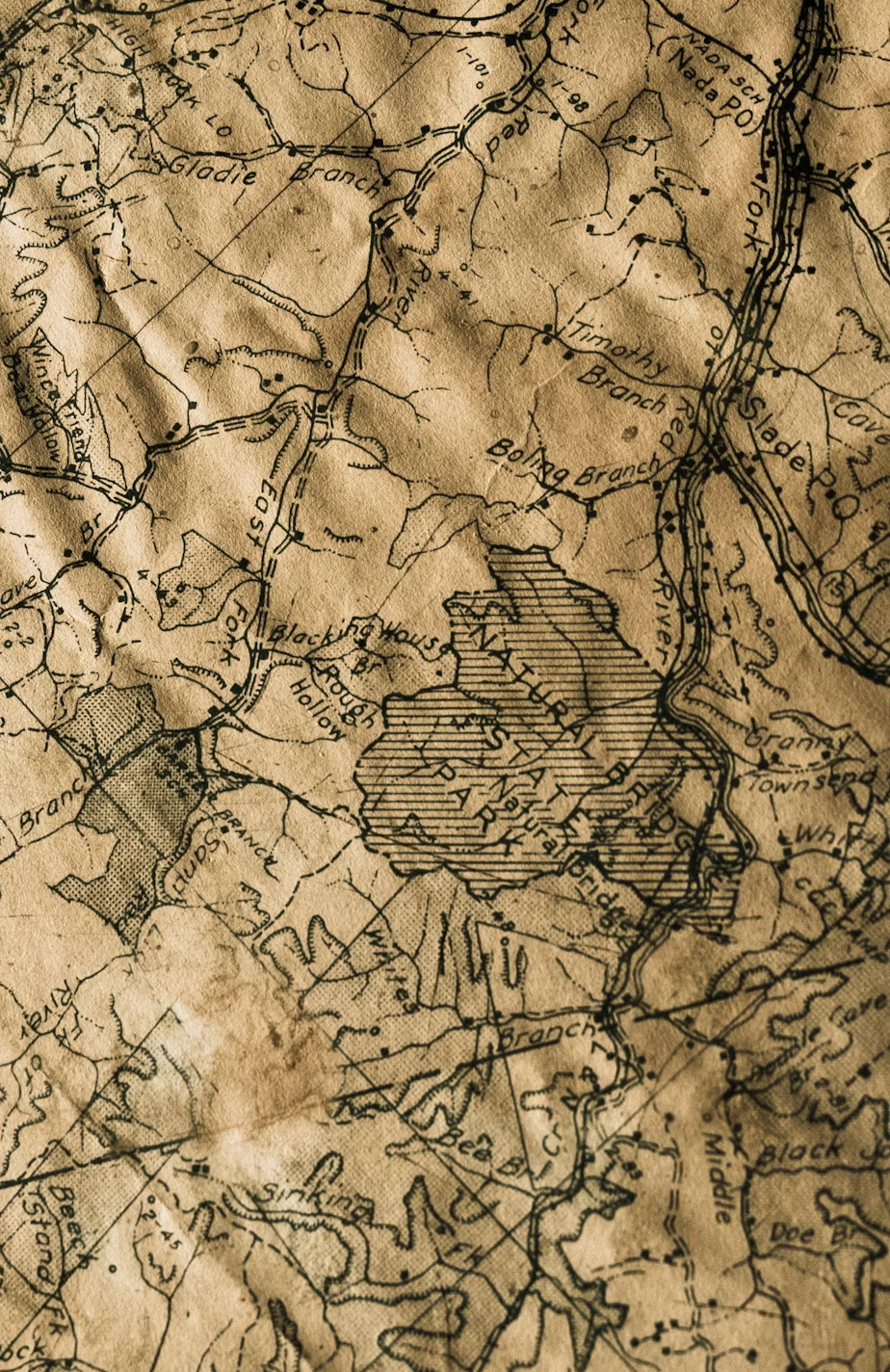By: ALISON PRINE
The opposite of losing you
was watching you across the purple light
of the dance floor in the local gay bar
while the salt trucks dragged through the streets.
We had our people back then—
Janet all night at the pool table
and Kevin by the men’s room a little drunk
and smearing his mascara—
and our song, an anthem
for falling hard into each other’s lives.
That winter we proved that being terrified
doesn’t prevent you from being happy—
even when the guy on Church Street
threw a bottle at us and called us dykes
on our way back to my place where
we ate ice cream out of the carton
at 2am drunk on our bodies
and the snow storm and a conversation
I can’t remember but we are still having it.
I want to learn to write about the loves
that haven’t died—yellowed paperbacks
with broken spines, the stillness of the lake
from the fishing pier on winter mornings,
the people in this small city
I sometimes recognize on the sidewalk
a decade after our bar shut down.
ALISON PRINE’s collection of poems, Steel, won the Cider Press Review Book Award and was released in 2016. Her poems have appeared or are forthcoming in The Virginia Quarterly Review, Shenandoah, FIELD, Hunger Mountain, and Prairie Schooner, among other publications. She lives in Burlington, Vermont, where she works as a psychotherapist.




